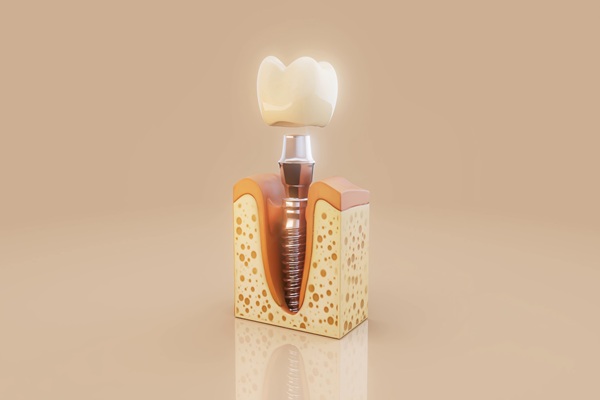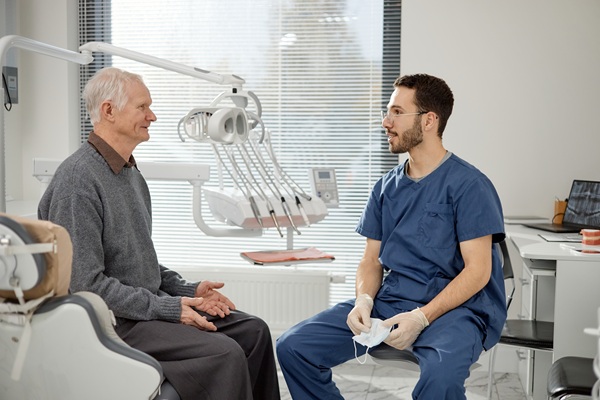A General Dentist Discusses the Hazards of Oral Piercings

According to general dentists, oral piercings can actually be hazardous to your health. Your personal style is how you portray yourself, and you may have considered oral piercings as part of this. However, you may not realize that these piercings can harm your gums and mouth. This also includes your teeth.
Problems with tongue and lip rings
While no piercing is completely safe, oral piercings are especially dangerous. Patients can have an allergic reaction or have the area become infected. There are several problems that oral piercings can cause for individuals, which can include:
- Fidgeting damage: it can be difficult to resist playing with the oral piercing in the mouth. This can cause the teeth to become cracked or chipped. Fillings can become damaged and the soft tissues can get injured
- Nerve damage: if an oral piercing is in the tongue, it can damage the nerves there
- Gum damage: when an oral piercing rubs against the gums, it can cause the tissue to wear away. This can cause the roots of the teeth to be exposed
- Infections: a piercing can allow bacteria in the mouth to go into the bloodstream
- Drooling: an object such as a piercing can stimulate the saliva glands and cause the individual to drool more
- X-rays: because piercings show up as bright objects on X-rays, the piercings can obscure other parts of the mouth
Problems with oral piercings and braces
For patients with braces, oral piercings can pose a problem. A piercing can easily become tangled with the orthodontic appliance, damaging the braces. This can also cause injuries around the piercing area. General dentists recommend that patients wait until after braces before choosing an oral piercing.
The right way to care for an oral piercing
An oral piercing can cause damage to the mouth and the teeth. However, for patients who decide to go ahead with the piercing, it is important to properly care for it. One of the most important parts of caring for an oral piercing is proper oral hygiene.
Patients should clean the piercing area after each meal, snack or beverage. This can prevent food particles from getting trapped in the area. Patients should also remove the piercing before physical activity, which will reduce the risk of any injuries or damage. To prevent the piercing from damaging the teeth, patients should resist the urge to play with the piercing in the mouth. This can cause cracked teeth.
If a patient notices signs of infection, then it is important to go to the general dentist immediately. Signs of infection can include pain, swelling, redness, fever or chills.
Visit a general dentist today
While getting an oral piercing may not be the ideal situation, caring for the piercing properly can help to minimize damage. Good oral hygiene is a must for anyone with an oral piercing. This includes proper cleaning after each meal or snack. If you are thinking about getting an oral piercing, you should make an appointment with a general dentist to discuss your options.
Get more information here: https://lbfamilydental.com or call Leila Zamiri DDS at (562) 387-1216
Check out what others are saying about our services on Yelp: Read our Yelp reviews.
Recent Posts
Tooth implants, or dental implants, are a common tooth-replacement option that uses an abutment and a prosthetic, such as a crown, bridge, or fixed dentures. There are three parts to the tooth implant process; however, surgery is required only for the placement of the implants. The other parts involve preparation and restoration. The word "surgery"…
A restorative dentist does more than repair damaged teeth. These general, cosmetic, and family dentists play a key role in keeping the whole mouth healthy for the long term. They achieve this by keeping track of how teeth, gums, the bite, and the jaw joints work together, rather than focusing only on single problems. With…
An immediate visit to an emergency dentist becomes necessary when severe tooth pain or infection disrupts your comfort and overall quality of life. This dental professional provides immediate evaluation and relief, particularly when a root canal is required to preserve a damaged or infected tooth. Root canal treatment from an emergency dentist can help alleviate…
Thinking about choosing implant-supported dentures to replace your missing teeth? This type of denture offers many benefits, which is why this denture choice has become so popular. However, properly caring for dentures supported by implants is necessary so they will last for many years.While there are many different types of denture choices to choose from,…


